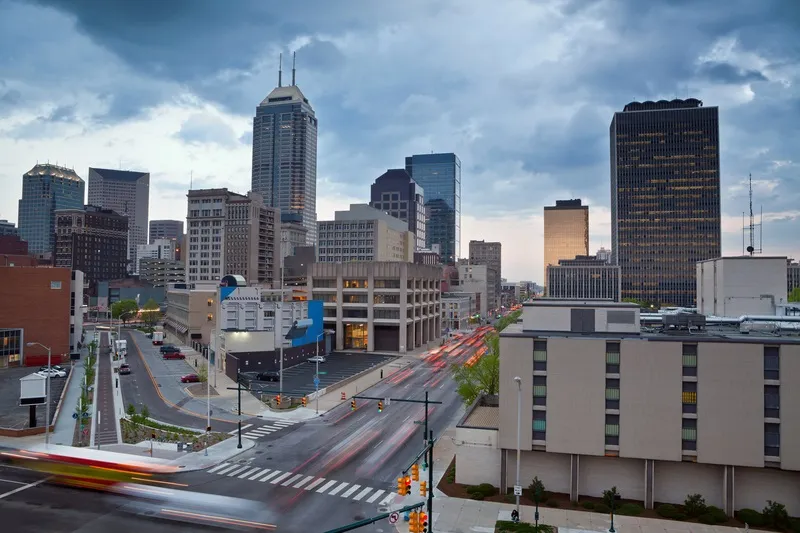
Toyota Mobility Foundation (TMF) is to make Indiana an R&D hub for advanced mobility technologies, the Japanese company has announced.
The US state will be the organisation’s first ‘Future Mobility District’ in the US.
It is backed by the Indiana Economic Development Corporation and Energy Systems Network (ESN), a local non-profit which is focused on new energy technology and transportation, and which will provide contacts for TMF.
The idea is to get companies looking at new advanced mobility innovations into Indiana, focusing on validating interoperability and integration with the state’s existing transportation systems.
TMF says it will “collaborate with local stakeholders to increase opportunities for advanced mobility by fuelling testing of mobility-enabled technologies”.
Founded in 2014, TMF is looking at central Indiana for advanced mobility deployment and says it will provide details on project proposals as it establishes a presence in the state.
Paul Mitchell, CEO of ESN, points to changes in the way that people and goods are moving: “This Future Mobility District initiative will prepare Indiana for these changes and help ensure that our economy and society benefit from them.”
“We’re committed to embracing innovation and investing in emerging areas like advanced mobility in order to remain competitive and position our industries for long-term growth,” adds Indiana secretary of commerce Jim Schellinger.










